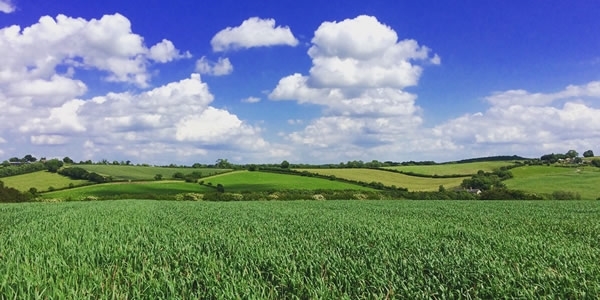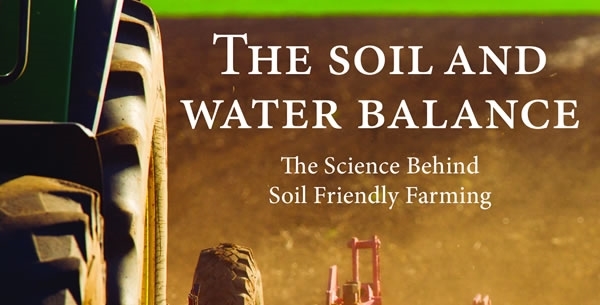
By Dr. Alastair Leake, GWCT Director of Policy
Our response to the Defra consultation on the future for food, farming and the environment after Brexit focuses on the important role farmers have within the environment. You can view our full response here.
In particular, we believe that:
- Our political approach to agriculture and land use recognises that the environment and food production are inter-related and should be given equal consideration.
- Current greening requirements should be modified to make them effective or scrapped and incorporated into a voluntary environmental scheme.
- A focus on developing areas, such as agro-ecology, has the potential to improve the efficiency of farming and deliver favourable environmental outcomes and should be supported.
- Farmers should be provided with better guidance on agri-environment options and their implementation in a new system.
- Any inspection regime should be simple, proportionate and fair.
We believe that we must grasp the opportunity to refresh the way we support farming and food production: investment in buildings, new technology and more efficient equipment which deliver both business and environmental objectives should be supported by a capital grants scheme.
A key part of any changes is clear advice and information – both for farmers and the wider public. If we are to move towards payment for environmental achievements, farmers must be equipped to understand what success looks like and be enthused to reverse declines in British flora and fauna.
The Farmer Cluster concept, developed by the GWCT in association with Natural England, has shown what can be achieved by a group of farmers, working collectively and motivated to succeed. By designing their own conservation plans based on their own choices, their own passion can be harnessed, rather than constrained.
Working with, rather than against, farmers should also form part of a future regulatory framework. Away from the ‘one size fits all’ legislation of CAP, we would welcome a light touch regulatory regime, with a 10% deviance threshold to allow for the real life practicalities of implementing environment measures in the field.
Finally, we must take the opportunity to reinvest in one of our most important national assets, our soils. Increasing soil organic matter, conserving nutrients and improving soil structure should form part of a national agricultural strategy for years to come. Soil is not only at the heart of food production, it can offset global warming through carbon storage, control flooding and support wildlife.

Get the inside track on soil and water research
Published in February 2018 and priced at just £9.95, our new book The Soil & Water Balance provides the inside track on soil and water research.
Presented in a Q&A style, much like last year’s popular Moorland Balance, this 100-page book looks at the problems and solutions on topics ranging from erosion and contamination, to the impact on songbirds and other wildlife.
Combining years of research at the GWCT's Allerton Project demonstration farm with tens of external scientific papers, this is a fascinating study of how farming can adapt to the challenges it currently faces.
Buy now >